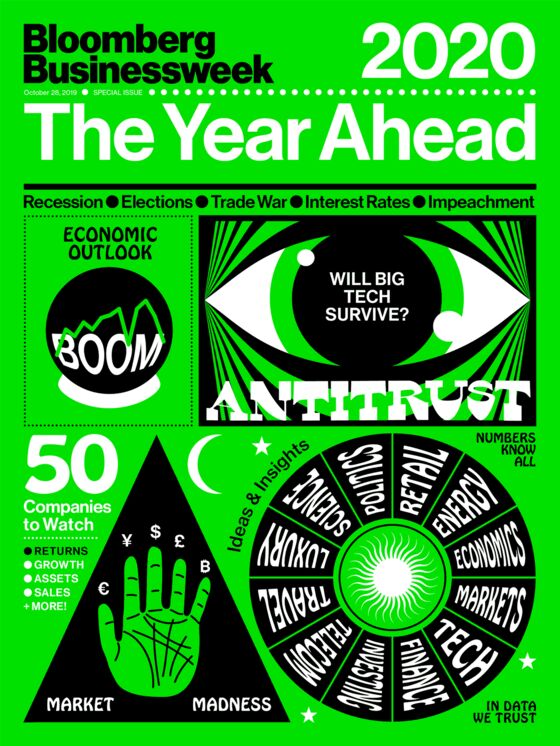How the World Uses the U.S. Antitrust Enforcement
How the World Uses the U.S. Antitrust Enforcement
(Bloomberg Businessweek) -- Antitrust enforcement is one of the most successful U.S. exports. Enforcers in more than 100 countries go after cartels and monopolists, and megadeals routinely require approval from several dozen authorities. Many of those today follow the model of the European Union competition commission: investigate, prosecute, and rule. In the U.S., absent a settlement, a court order is necessary to impose remedies.
Europe
The EU squeezes divestments and levies huge fines for cartels or monopoly abuse. It reviews all cases that affect several member states to ensure they comply with competition rules. Smaller matters are taken up by national authorities.
China
One of the most opaque merger authorities may be using its power as leverage in the trade war with the U.S. Its failure to issue a prompt decision on Qualcomm Inc.’s bid for NXP Semiconductors NV effectively killed a deal that had won approval elsewhere. Nvidia Corp.’s proposed acquisition of Mellanox Technologies Ltd., signed in March, awaits approval from China; U.S. authorities cleared it in May.

Russia
The Federal Anti-Monopoly Service has probed tech giants on complaints from Russian companies. Apple’s App Store is under scrutiny following an allegation from Kaspersky Lab Inc. that the iPhone maker abused its market dominance by refusing to sell Kaspersky’s parental control software. Google struck a 2017 settlement with the authority to end an investigation into its Android mobile phone software prompted by Russian search provider Yandex NV.
Brazil
The country’s Administrative Council for Economic Defense—known as CADE—is active in reviewing global mergers. In 2019 a failure to fill senior CADE posts put dozens of mergers on hold. The delays were so great that IBM Corp. decided to proceed with its $34 billion acquisition of Red Hat Inc. in July without the agency’s approval. CADE followed by opening a probe of IBM that could lead to a fine of up to $15 million.
Australia
The Australian Competition and Consumer Commission issued a report in July on the impact digital platforms have on consumers, businesses, and news media. The report recommended going after Facebook and Google with stronger privacy rules and more stringent copyright infringement. New rules could be proposed by the end of 2019.
India
The Android OS is a target of the Competition Commission of India as well, which is also probing Google’s restrictions on phone manufacturers. The CCI had a bruising loss last year when a court blocked its attempt to investigate an alleged pact between Bharti Airtel Ltd. and Vodafone Idea Ltd. to hamper a rival telecom operator.
Read more: The Great Antitrust Awakening Can’t Be Stopped
To contact the editor responsible for this story: Dimitra Kessenides at dkessenides1@bloomberg.net
©2019 Bloomberg L.P.